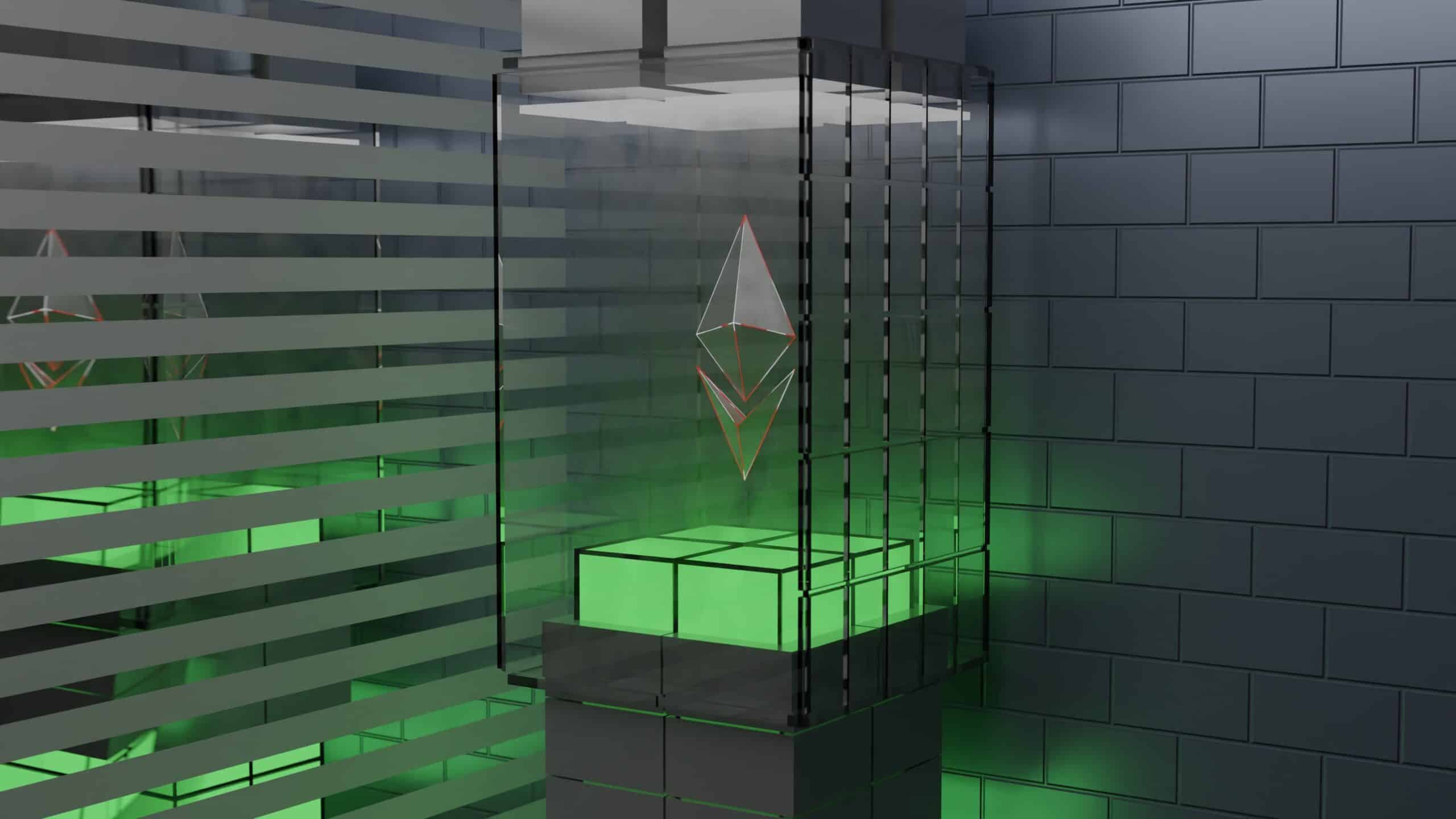Payments giant Visa has been exploring new ways to process payments on the blockchain with respect to Account Abstraction.
Blockchain data shows that Visa deployed two sets of Paymaster smart contracts on Ethereum’s Goerli testnet. The firm detailed these experiments in a report published earlier this week, outlining the potential use cases of the contracts.
These experiments were based on the starter code released by the Ethereum Foundation and the core team of developers working on ERC-4337. The Account Abstraction proposal incorporates a new transaction flow, which makes the ERC-4337 wallets programmable to initiate transactions without the need for them to be authenticated with private keys.
Part of the proposal is a new type of contract called paymaster, which can sponsor gas fees on behalf of a user.
In Visa’s first experiment, the Paymaster contract tested the potential to facilitate ERC-20 tokens to pay for gas fees.
“We are exploring whether a user can pay transaction fees with alternative tokens, such as a dollar stablecoin or, in the future, even a Central Bank Digital Currency,” the team explained.
The second experiment involved a smart contract that covers the gas fee for user transactions. The sample implementation uses an allowlist, which means potential users need to be whitelisted to interact with the contract.
“A user who only has USDC and wants to pay a merchant for a product no longer needs to carry the native chain token. Instead, a paymaster can cover the gas fees (charge a small fee). The user would never need to buy/hold ETH,” explained blockchain developer “0xcygaar” on Twitter.
“Account abstraction will open up a whole new world of interactions with Ethereum (and other EVM chains), this is just the beginning,” he added.



